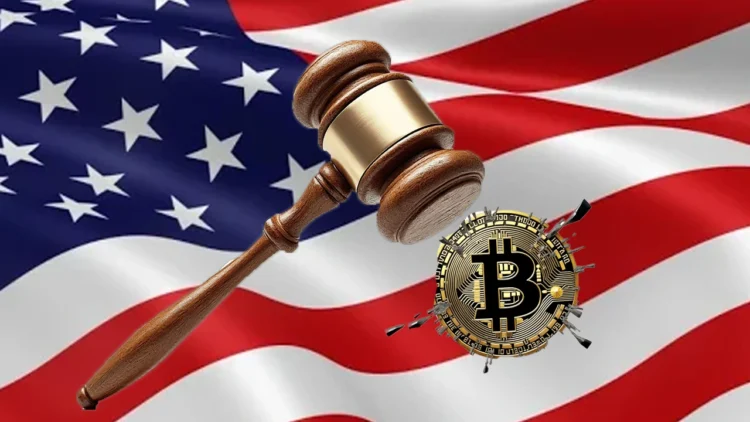The U.S. Supreme Court has recently concluded the extensive legal battle concerning the 69,370 Bitcoin seized from the notorious Silk Road dark web marketplace. These digital assets hold a staggering value of approximately $4.4 billion. By choosing not to hear the case, the Court has effectively given the green light for the U.S. government to proceed with the sale of these Bitcoin. Let’s delve into the details of this case and explore the potential ramifications moving forward.
Battle Born’s Claim Falls Short
The legal controversy revolved around the claims made by Battle Born Investments, a firm that asserted its legitimate rights over the seized Bitcoin. The company’s argument was based on their acquisition of assets through a bankruptcy estate linked to an individual named Raymond Ngan. Battle Born contended that Ngan was the elusive “Individual X,” a hacker who had illicitly obtained Bitcoin from the Silk Road before ultimately surrendering the assets to authorities. Despite their efforts, both federal and appellate courts dismissed these claims, leaving Battle Born without a valid foothold in the matter.
The Dark Web and the Bitcoin Connection
To grasp the significance of this issue, it’s essential to revisit the 2013 Silk Road case. Established by Ross Ulbricht in 2011, the Silk Road platform became infamous as a hub for illegal activities. Hosted on the Tor network, the site facilitated the sale of illicit goods, ranging from drugs to weapons, with Bitcoin as the primary currency. At its zenith, Silk Road handled millions of dollars in transactions. The FBI’s 2013 shutdown of the marketplace and Ulbricht’s subsequent arrest marked a turning point.
The Bitcoin seized from transactions on the platform remained under government control, leading to the current scenario. Adding a layer of intrigue, the IRS later tracked several Bitcoin transactions to “Individual X,” the hacker who had stolen Bitcoin from Silk Road before the shutdown. This seizure represents the largest cryptocurrency confiscation in history.
What’s Next for the Seized Bitcoin?
With the Supreme Court refusing to hear the case, the U.S. government is now poised to sell the seized Bitcoin. The U.S. Marshals Service will oversee the sale process, with some of the funds already transferred to Coinbase Prime, indicating readiness for an auction. The implications of this sale could reverberate beyond the cryptocurrency market, potentially influencing the broader U.S. political landscape.
In a recent development, during the Bitcoin Conference 2024 in Nashville, Presidential candidate Donald Trump outlined his vision concerning the seized Bitcoin. He proposed creating a “strategic bitcoin reserve” for the United States, drawing a parallel with the German government’s approach of retaining Bitcoin rather than selling it. This proposal could spark significant debate and influence future policy directions.











